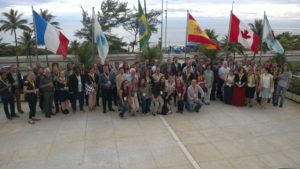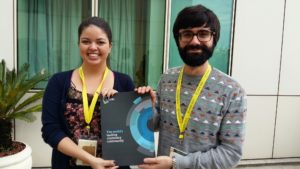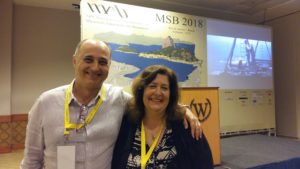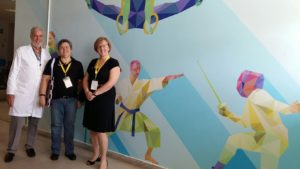How do Open Access mandates affect you? If you have NIH funding, you’re probably aware of the requirement that you deposit the author version of your manuscript in PubMed Central (PMC) within 12 months of publication. But did you know that the other U.S. funding agencies have followed suit?
In 2013, the Office of Science & Technology Policy issued a memo entitled “Expanding Public Access to the Results of Federally Funded Research”, which mandated that any U.S. funding agency with >$100 million R&D budget create a plan to make the resulting publications and data freely available to the public. Since then, the agencies have crafted bespoke public access policies with different requirements. Some (e.g., EPA, FDA) have chosen to piggyback off of NIH’s PMC, others (e.g., US DOE, USDA) have chosen to create their own repositories, but there are some who have decided to partner with the publishing industry to fulfil the mandates.
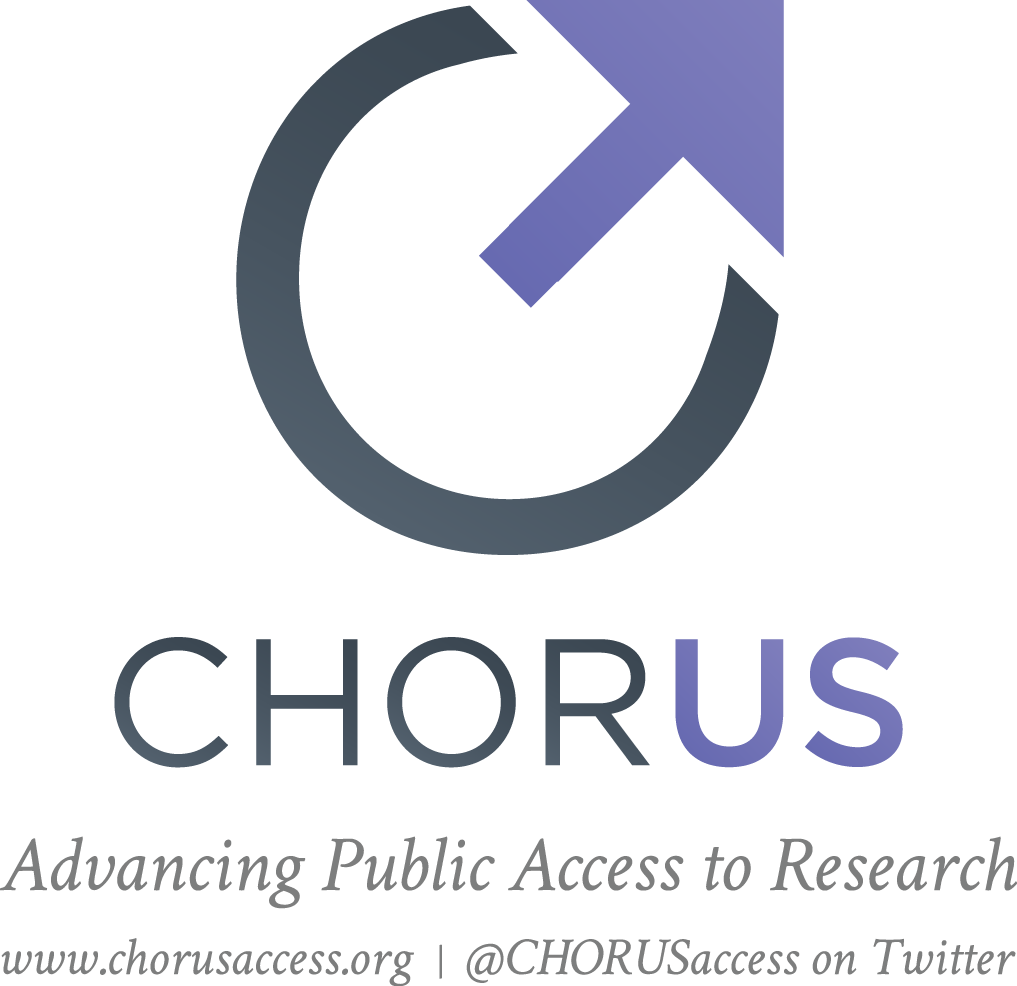 Subsequent to the memo, a partnership of scholarly publishers created CHORUS to make the required content publicly available at no additional cost to the agencies. For CHORUS agency partners, including NSF, US DOE, US DOD, Smithsonian Institution, USGS and ODNI, CHORUS leverages existing infrastructure to enable sustainable, cost-effective, and transparent public access to content reporting on funded research. By integrating services and open APIs, CHORUS optimizes funder identification, content and data discovery, long-term accessibility, compliance monitoring, and dashboard reporting.
Subsequent to the memo, a partnership of scholarly publishers created CHORUS to make the required content publicly available at no additional cost to the agencies. For CHORUS agency partners, including NSF, US DOE, US DOD, Smithsonian Institution, USGS and ODNI, CHORUS leverages existing infrastructure to enable sustainable, cost-effective, and transparent public access to content reporting on funded research. By integrating services and open APIs, CHORUS optimizes funder identification, content and data discovery, long-term accessibility, compliance monitoring, and dashboard reporting.
RSC has been supporting CHORUS since its inception, and last year, we decided to become a full member to help our authors comply with their mandates. We have been depositing our authors’ NIH-funded manuscripts into PMC for years, so this was a natural extension of our commitment to make our author and reader experience smooth. We are now fully integrated with the CHORUS system, so expect to start seeing author versions of funded manuscripts appear on our website next year once their 12-month embargoes expire.












